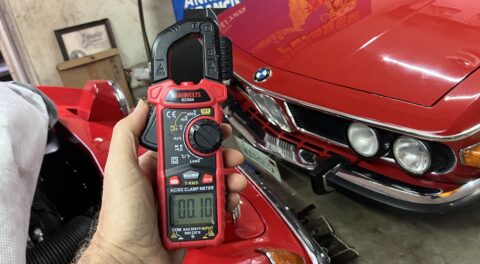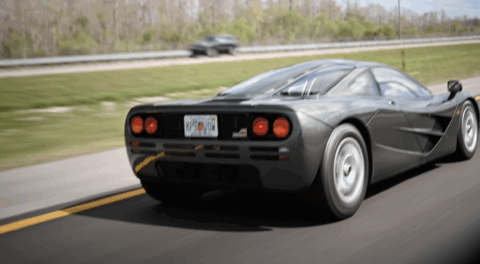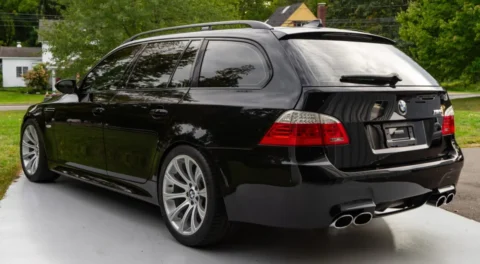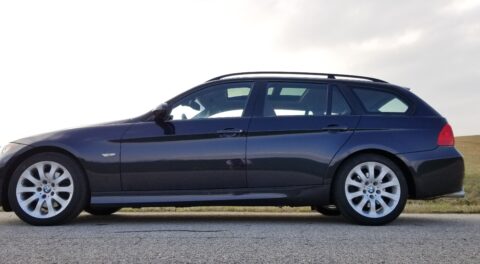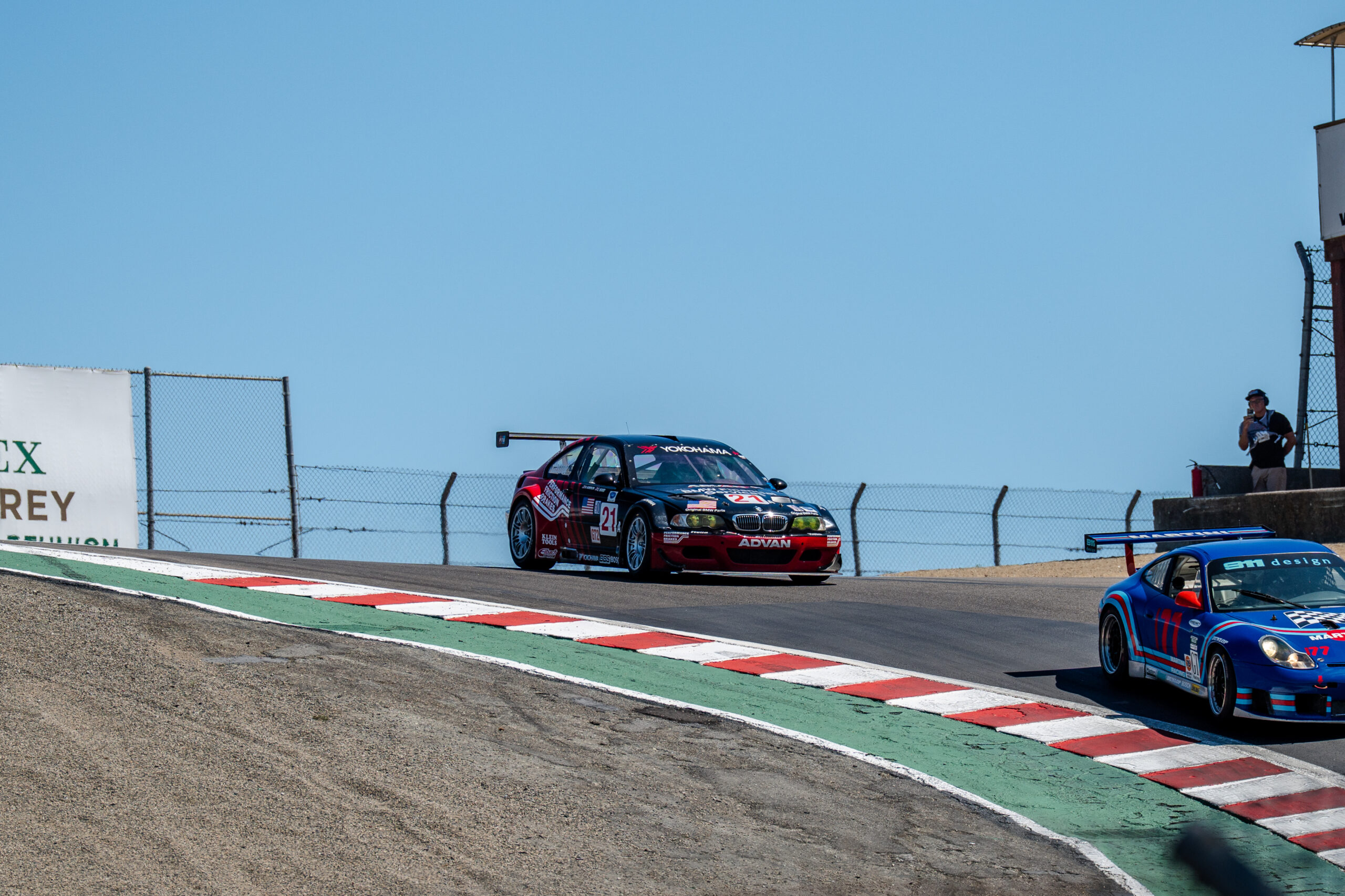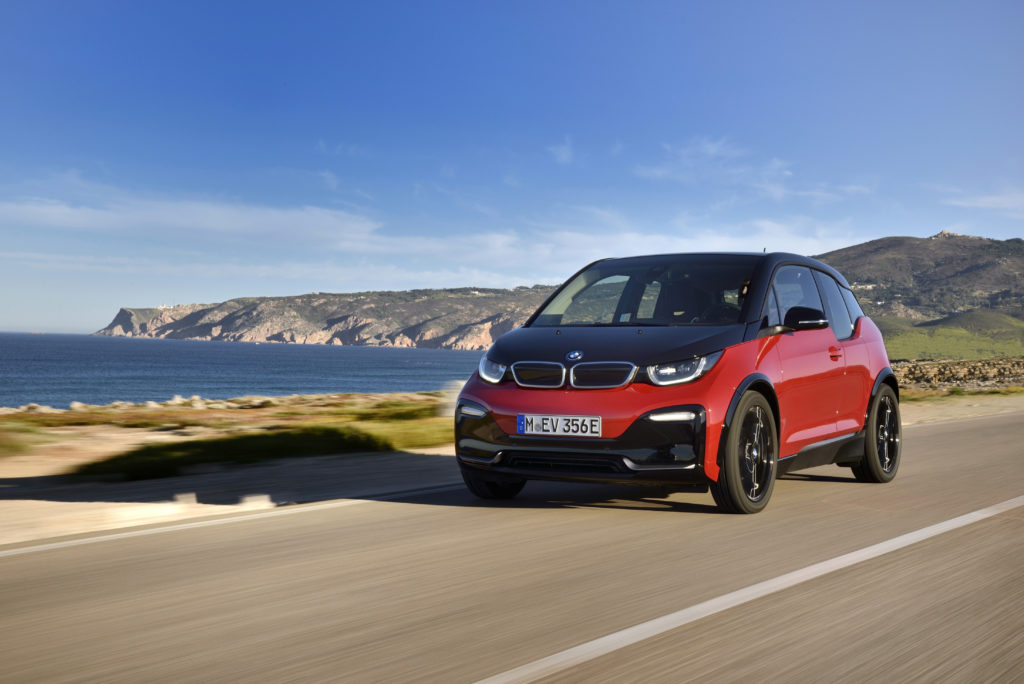
During the seven model years that the i3 has been available, BMW has not stopped upgrading its batteries. When it arrived in 2013 for the 2014 model year, the i3 was available exclusively with a 60 Ah (22 KWh) battery that yielded in 81 miles worth of all-electric range, or 150 miles when paired with the gasoline Range Extender (REx). This setup lasted until 2017 for the REx and 2018 for purely electric models, and when the 94 Ah i3 and i3s upgrade arrived with a 33 kWh battery, electric range was expanded to 114 miles for the i3 and 107 miles for the i3s, while the REx could travel 180 miles on electric and gasoline.
For 2019, both the i3 and i3s were upgraded once again, this time with a 120 Ah (42.2 kWh) battery which yielded 153 miles of EV range. The i3 REx received the same upgraded battery pack for 2019 as well, and now boasts a total range of 200 miles. Futuristic when it arrived and still eye-catching today, the innovative modular construction of the i3 has allowed BMW to keep it modern even as the decade which saw its introduction draws to a close.
The Range Extender also allowed BMW to keep the i3 competitive against other newer EVs. With the continuous advancement of battery technology and ever-growing density though, it seems the i3 REx may have finally met its end. According to a few different sources, during a recent presentation covering battery technology at last month’s Los Angeles Auto Show, Jan Freimann, manager of connected e-mobility at BMW, said the REx does not have a future.
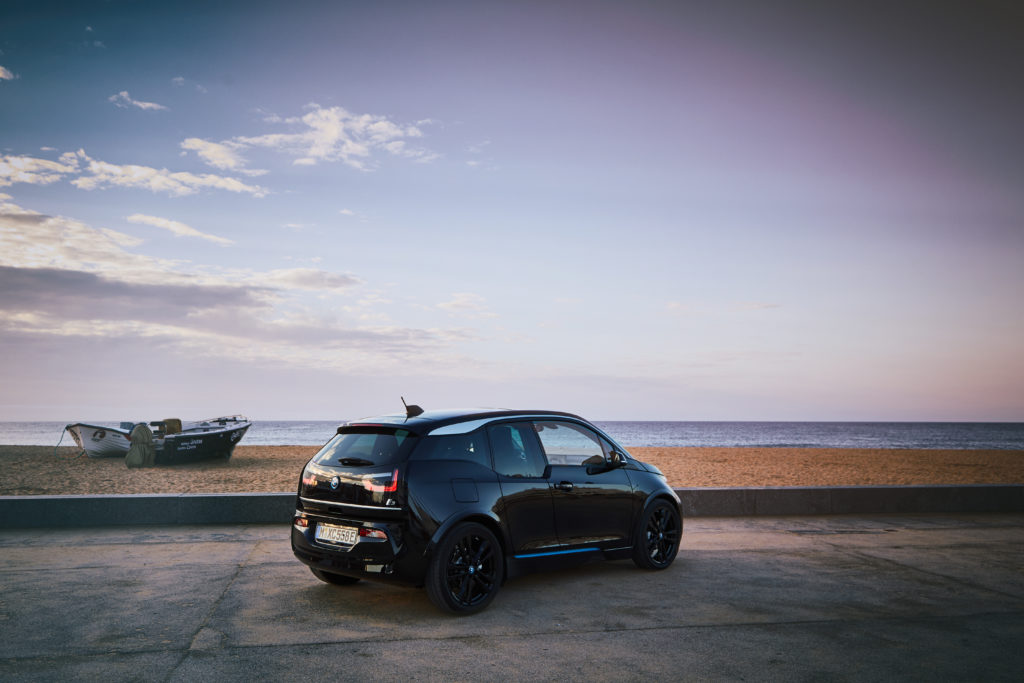
According to Freimann, REx was a great solution to help people overcome range anxiety, and that it was more of a back up solution than an actual workaround to achieve greater range. These days, thanks to the build-up of rapid charging systems across the U.S. and Europe, Freimann says there’s really no need to be worried about becoming stranded.
For those paying attention to the evolution and advancement of the i3, and more specifically, the detailed battery and range specs listed above, the current i3 comes with a range of 153 miles that eclipses the 150-mile range of the first i3 REx, which was sold from 2013 until 2017. The latest i3 already uses Samsung’s latest prismatic cells, but according to at least a few different sources, along with murmurs from BMW executives, the i3 will receive yet another battery upgrade in 2021.
By the end of the 2021 model year, the i3 will be approaching a decade since it was originally envisioned and designed, and by then, BMW will have debuted a number of its next-generation EVs, including models like the i4, iNext, and iX3, among numerous other hybrids. Even with peculiar looks and comparatively low all-electric range for a higher price, the i3 has been quite popular since it became available. As of May of this year, more than 150,000 units have been produced, and as of the end of 2018, more than 37,000 have been sold in the U.S. alone, the most popular national market for the little EV that could.
The next decade is sure to bring unforeseen change on a scale few can appreciate, let alone predict, but it will be nonetheless interesting to see how the i3, a first-generation mainstream EV, fares when equipped with the latest battery technology, and how it can bridge the gap until BMW’s all-new EVs hit the streets.—Alex Tock
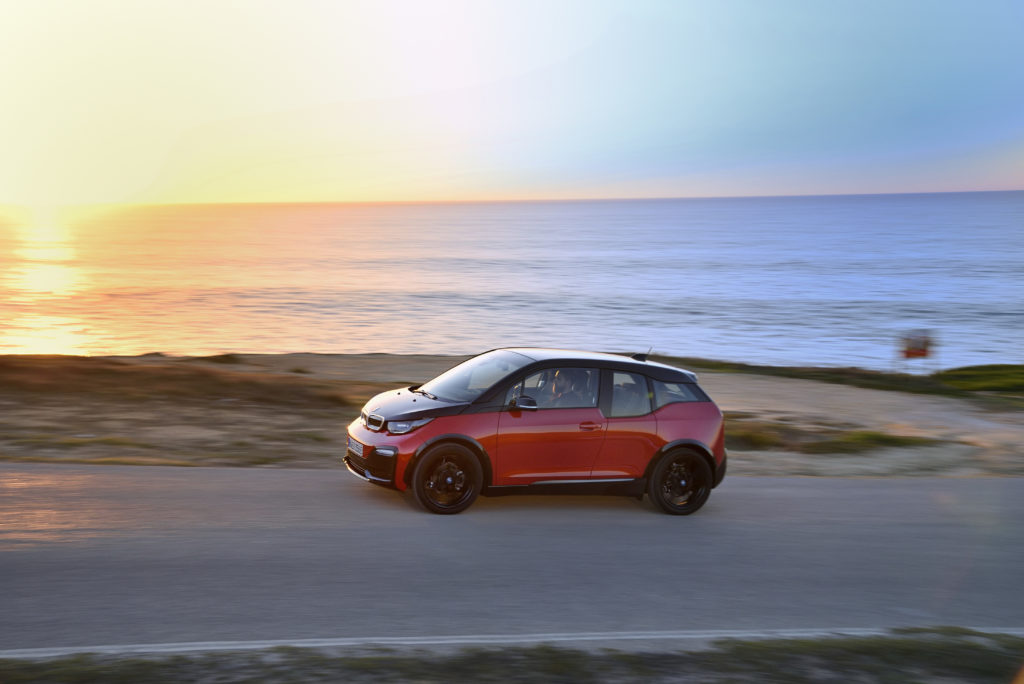
[Photos courtesy BMW AG.]

